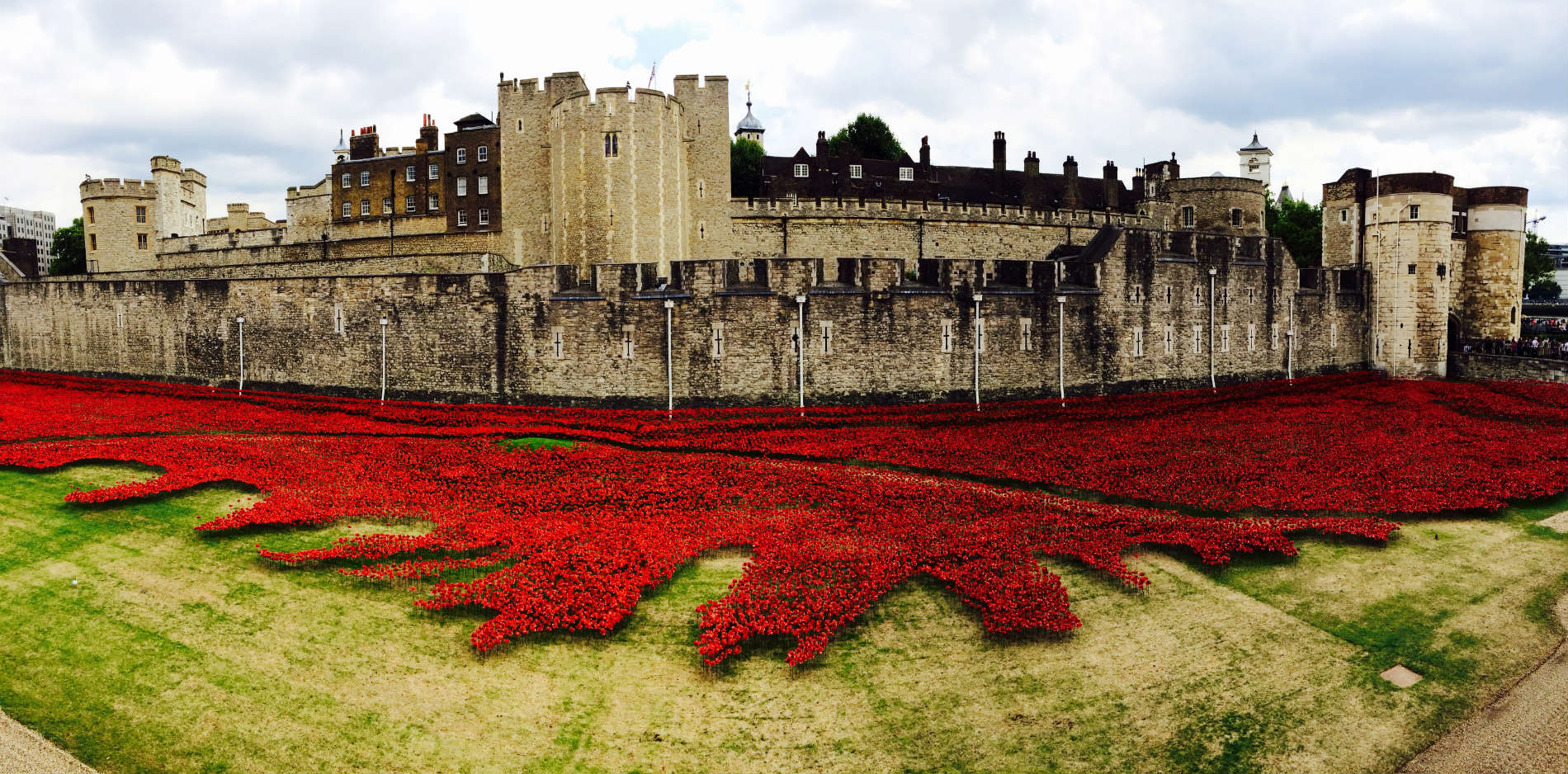Lacuna this week reminds us of wars past and present and how we, collectively and as individuals, react to them.
Chris Davies writes of his trip to the cemeteries of Belgium. It is a tale of remembrance. Remembrance of both personal and national conflicts . He asks us whether “we have been Midases of memory – not turning it to gold, but transforming it at a touch into cold grey colonnades and statuettes. Like great heaps of memory-leaves stacked high and bedaubed in neat stone. But if history is a pile of leaves, I want to kick my way through it, not bothering to look out for the dog shit and slugs bundled up within.”
Ben Copsey encourages us to remember those who refused to fight in WW1 on moral, religious or political grounds. He argues that this act of remembrance suggests that a collective effort towards peace and away from war is possible.
Kimberley Brownlee urges us to think about the rights of soldiers today to exercise their moral judgement to object to war when their orders are unjust, and how such actions might help us avoid some of the terrible consequences of the worst wars we fight.
Finally, Charlotte Bailey reviews ‘Oh My Sweet Land’. It is a play about the brutality of civil war in modern Syria. Again we are encouraged not to forget, because “these are the stories you don’t hear on the news. Precious little lives, fraught with mundane difficulties, rendered meaningless by horror.” And by engaging with these stories we are reminded that “the journey of an audience … is the same, all over the world, which makes you feel we are more connected and more similar then we would like to admit.”
By engaging, remembering, thinking, feeling, we invoke our common sense of humanity. And reinforcing and acting on our shared humanity is perhaps our best defence against repeating the sufferings of the past.
Photo by Boss Tweed
